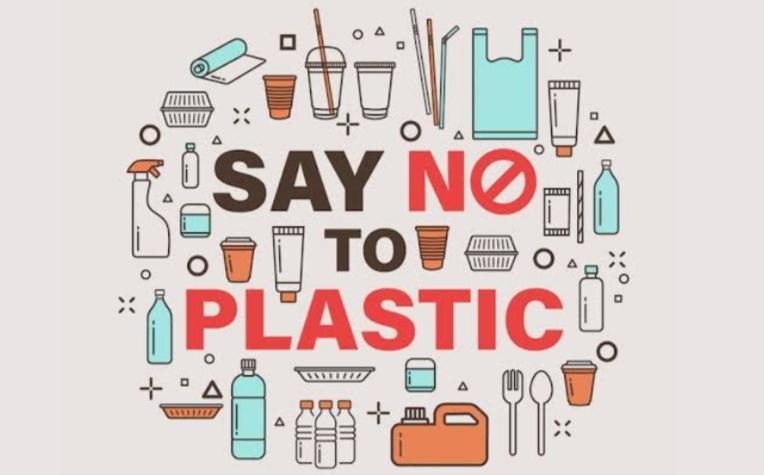The Urgency to Ban Plastic: A Call to Action
In our modern world, plastic has become ubiquitous. It's in our homes, our workplaces, and even our oceans. However, its convenience comes at a significant cost to our environment and health. Plastic pollution has reached alarming levels, with devastating consequences for wildlife, ecosystems, and human well-being. To address this pressing issue, it is imperative to enact a global ban on single-use plastics.
Environmental Impact
Plastic waste poses a severe threat to our planet. Every year, millions of tons of plastic are produced, much of which ends up in landfills or polluting natural habitats. Marine life suffers tremendously from plastic pollution, with countless animals dying due to ingestion or entanglement. Microplastics, resulting from the breakdown of larger pieces, infiltrate our food chain, posing health risks to humans and animals alike.
Economic Costs
The economic toll of plastic pollution is staggering. Cleanup efforts cost billions annually, and industries reliant on clean oceans, such as fishing and tourism, suffer as a result of polluted waters and beaches. Moreover, the production of plastic contributes to climate change through greenhouse gas emissions and fossil fuel consumption.
Social Responsibility
As global citizens, we have a moral obligation to protect our planet for future generations. By reducing our dependence on single-use plastics and promoting sustainable alternatives, we can mitigate the damage already inflicted on our environment. Governments, businesses, and individuals must collaborate to implement policies and practices that prioritize environmental stewardship over convenience.
Steps Toward Change
Policy Initiatives: Governments worldwide must lead the charge by implementing comprehensive bans on single-use plastics and incentivizing the use of biodegradable materials.
Corporate Responsibility: Businesses should adopt sustainable practices, such as reducing packaging waste and promoting recycling programs.
Consumer Awareness: Educating the public about the environmental impact of plastic consumption is crucial. Encouraging individuals to make informed choices and adopt eco-friendly habits can drive meaningful change.
Conclusion
The time to act is now. By advocating for a global ban on single-use plastics, we can protect our planet's biodiversity, safeguard public health, and promote sustainable development. Let us unite in our efforts to eliminate plastic pollution and create a cleaner, healthier world for all. Together, we can make a difference.

